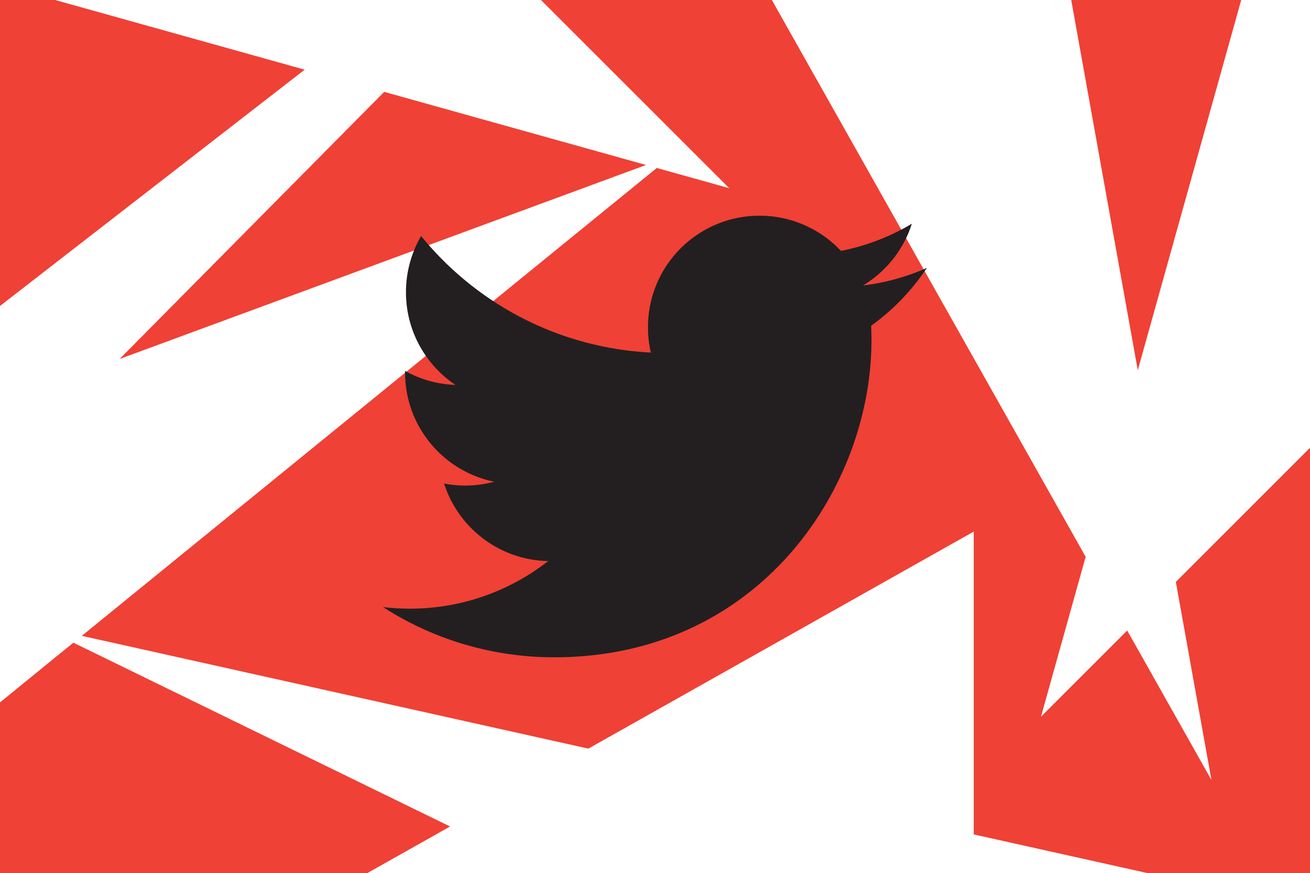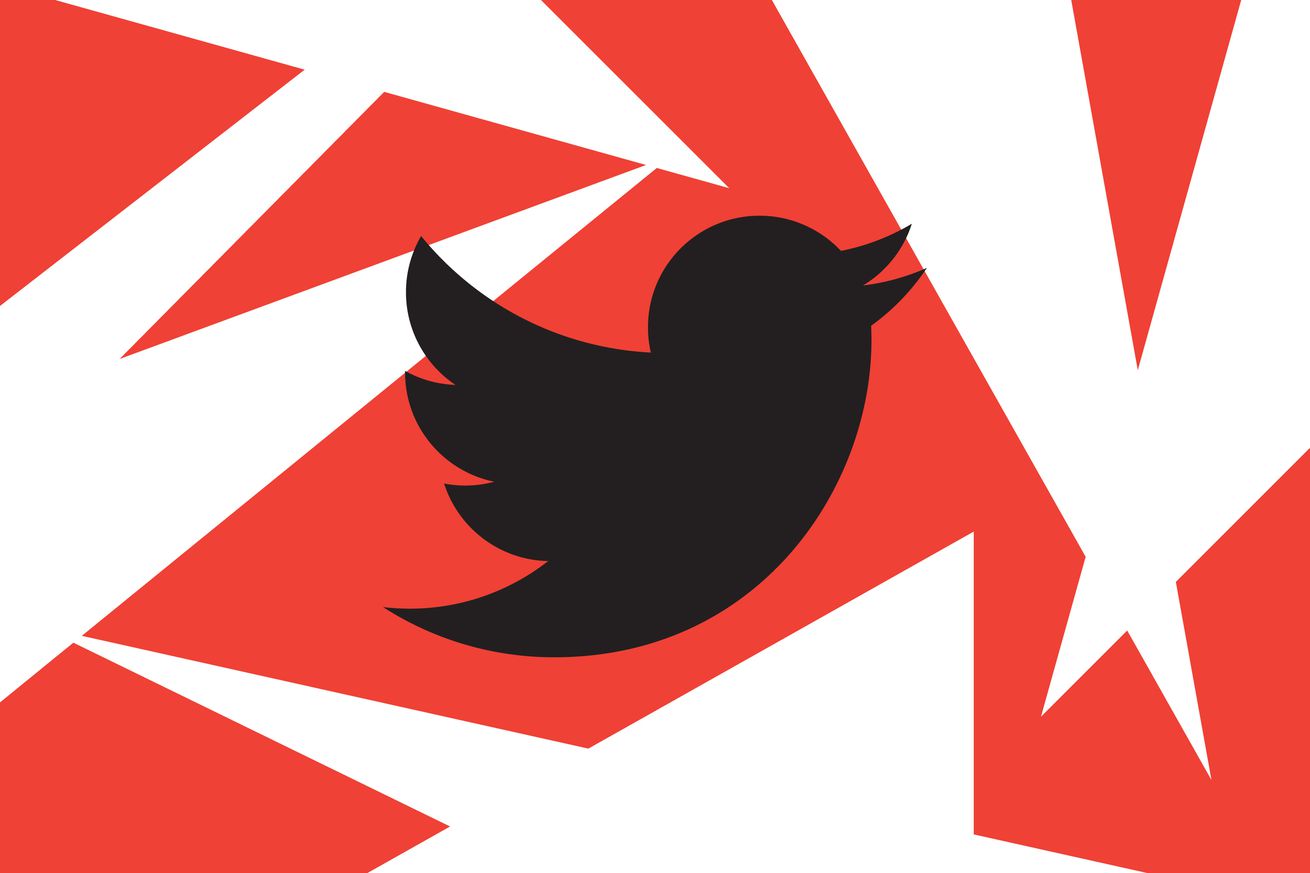
Twitter vows to take ‘less severe actions’ against rule-breaking accounts
Twitter is promising that it’ll take “less severe actions” when disciplining accounts that break its rules; it’ll only suspend Twitter accounts that engage in “severe or ongoing, repeat violations” of its rules. The company also says it’ll be letting anyone appeal suspensions starting February 1st, and that those doing so will be judged using updated standards.
What will Twitter do instead of suspending your account? The “less severe actions” are things that Twitter has been doing for years, such as limiting visibility of a tweet, or telling a user to remove a tweet before they can get back onto the site. Today’s change is that Twitter is promising to reach for those tools more often, instead of going straight for the ban button.
The company also says it’s planning to be more transparent with its enforcement actions, and will be rolling out some unspecified new features to help with that next month. One possible example: CEO Elon Musk promised last year that Twitter would let you know when you’ve been “shadowbanned,” and why.
In November, Musk said the site would offer “general amnesty” to accounts that had been suspended for things other than posting illegal content or “egregious spam.” So far this has resulted in the reinstatement of several high-profile accounts, such as Donald Trump, Kathy Griffin, Jordan Peterson, MyPillow founder Mike Lindell, The Babylon Bee, and Nick Fuentes. Fuentes was re-banned less than a day after being let back on the platform.
Today, Twitter also seems to be justifying its decisions to bring those people back to Twitter, saying it “did not reinstate accounts that engaged in illegal activity, threats of harm or violence, large-scale spam and platform manipulation, or when there was no recent appeal to have the account reinstated.” That does make it rather odd that Trump’s been let back on, given that Twitter said in 2021 that it permanently suspended the former president “due to the risk of further incitement of violence.” However, it’s possible that’s because — like the genesis of the amnesty policy itself — Trump was let back on because Elon wanted him back and decided to poll his own audience.

